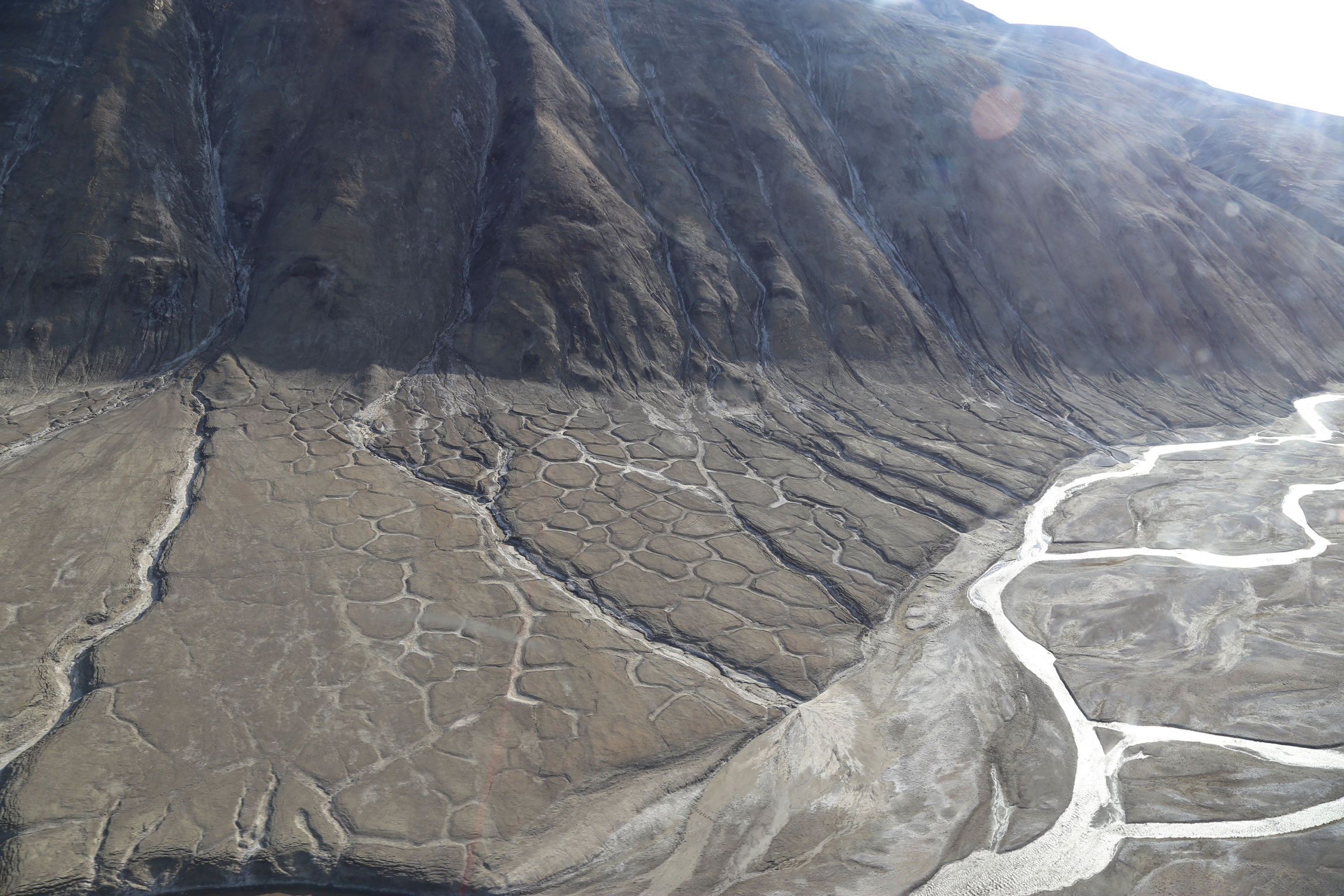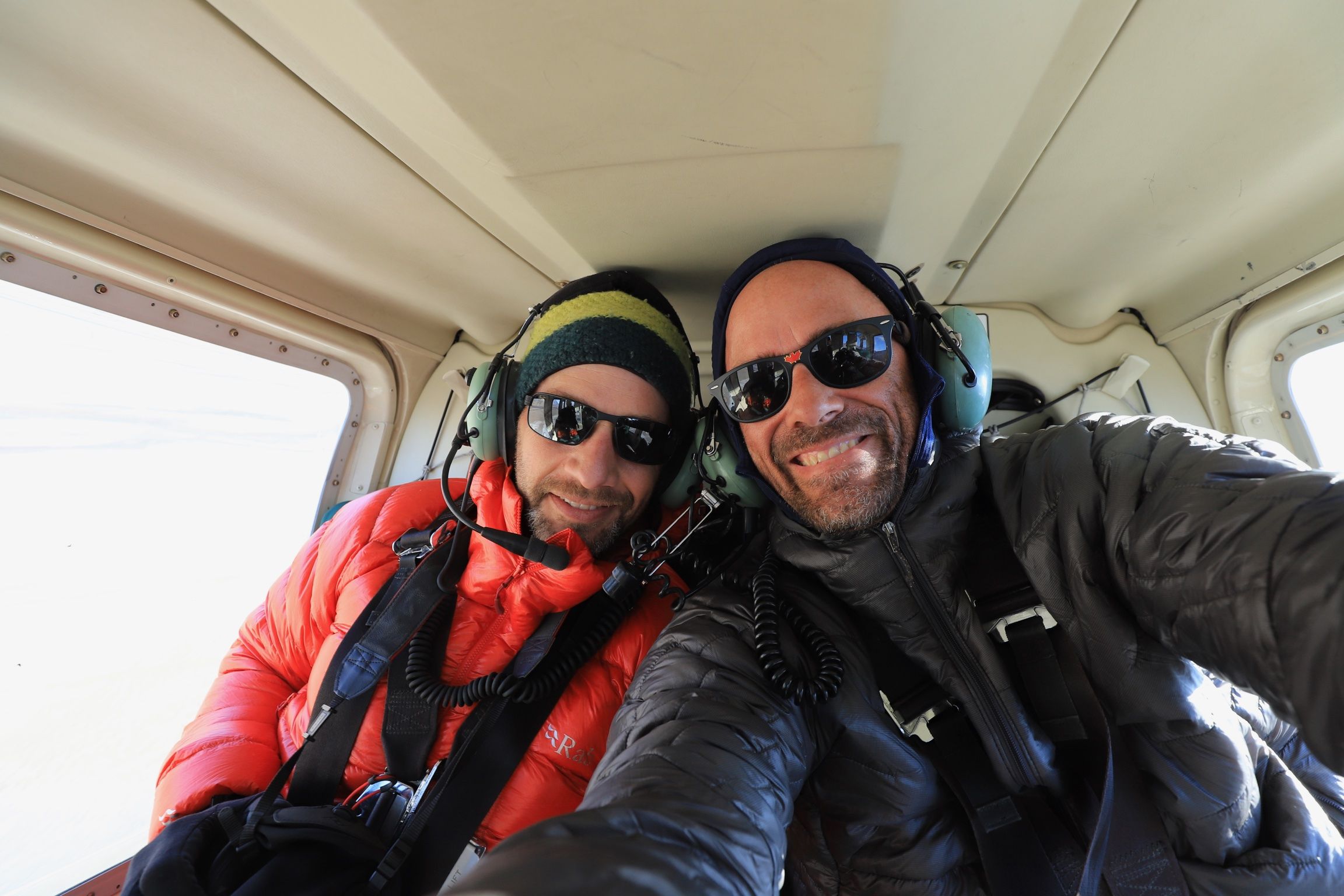New rivers in the North? Scientists identify how the dissection of Arctic landscapes is changing with accelerating climate change

Read the UBC Science article here: New rivers in the North? Scientists identify how the dissection of Arctic landscapes is changing with accelerating climate change
New research co-led by Simon Fraser University and the University of British Columbia shows that amplified global warming in the Canadian High Arctic drove a profound shift in the structure of a river network carved into a permafrost landscape in only 60 years. Documenting a powerful interplay among climate change, the freeze-thaw dynamics of polygonal ground and the delivery of surface water by floods, snow and ice melting, the team developed a new view of the physical controls governing the speed and pattern of river channel development in these fragile landscapes.

“Interconnected physical processes can deepen river channels and expand river networks, creating more surface area for heat exchange, which can increase local rates of permafrost thaw,” says study co-author Mark Jellinek, Professor of Earth, Ocean and Atmospheric sciences at the University of British Columbia. “These cascading effects can enhance the release of greenhouse gases in the Arctic as organic soil carbon thaws and the permafrost retreats.”

Learn about the study here: High Arctic channel incision modulated by climate change and the emergence of polygonal ground